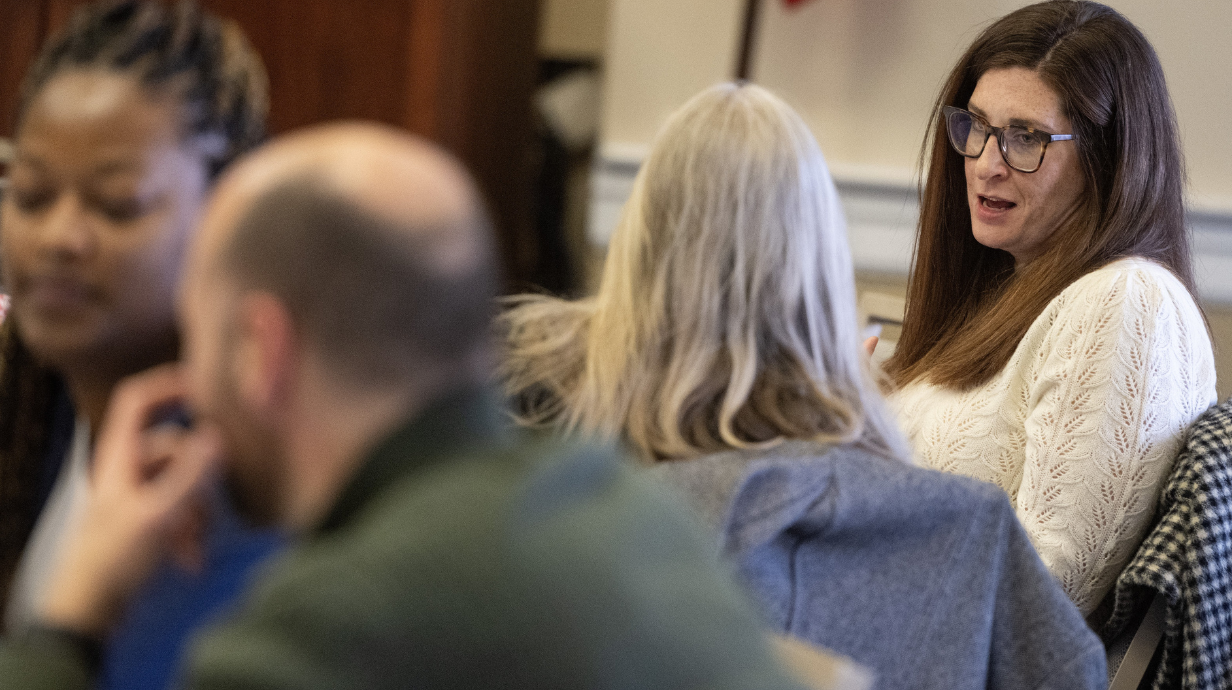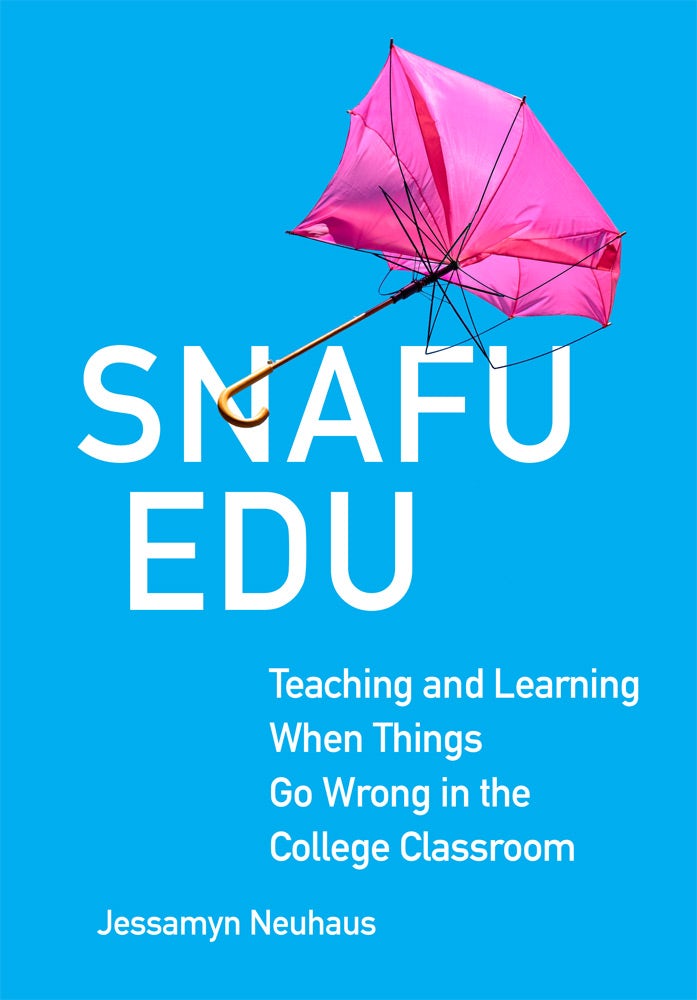Faculty Reading Group
Each semester, faculty gather to read and discuss a book on teaching and learning.

About the Faculty Reading Group
Each fall (and sometimes in the spring), CETL hosts a reading group open to all university faculty. CETL purchases books for attendees, which are available for pick-up in advance of our first meeting. We meet three times over the course of the semester to discuss the selected book.
Spring 2026
This spring, the Faculty Reading Group will tackle the book Snafu Edu: Teaching and Learning When Things Go Wrong in the College Classroom, by Jessamyn Neuhaus. We'll meet via Zoom at 2:00 pm on the following dates:
- Friday Feb 13
- Friday Feb 27
- Friday March 6
Registration for the spring 2026 reading group is now closed. Check back in fall 2026 for further opportunities.

Learn more about the Spring 2026 title
In Snafu Edu, Jessamyn Neuhaus takes a refreshingly honest look at all the things that can (and do) go wrong in our classrooms. After identifying five root causes of these snafus, she suggests practical pedagogical strategies that can help instructors build trust, connection, and agency in the classroom—for both teachers and students. Readers will leave with a “go bag” of practices they can employ to address the inevitable snafus that occur in any teaching context.
Register for the reading group above!
Past Reading Group Selections
- Fall 2025: The Opposite of Cheating: Teaching for Integrity in the Age of AI
- Spring 2024: Academic Ableism: Disability and Higher Education
- Fall 2024: Unraveling Faculty Burnout: Pathways to Reckoning and Renewal
- Fall 2023: Cheating Lessons: Learning from Academic Dishonesty
- Fall 2022: Inclusive Teaching: Strategies for Promoting Equity in the College Classroom
